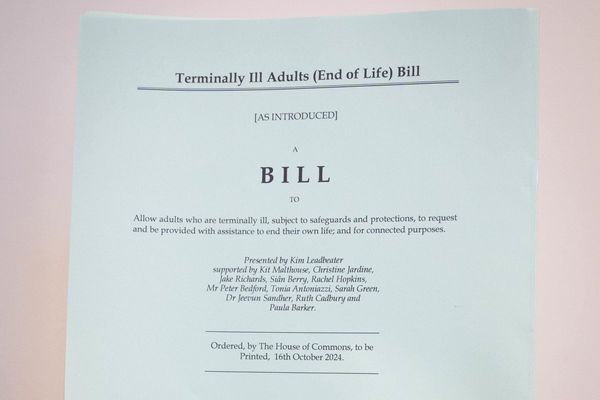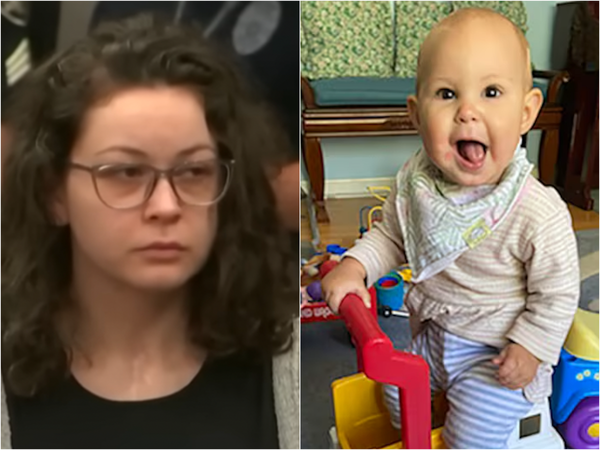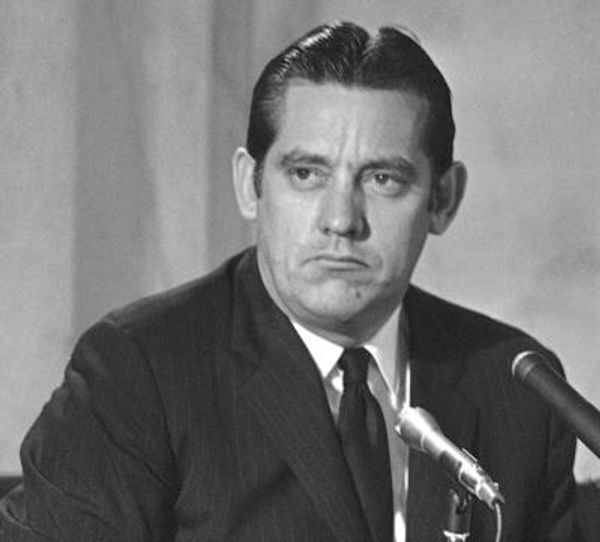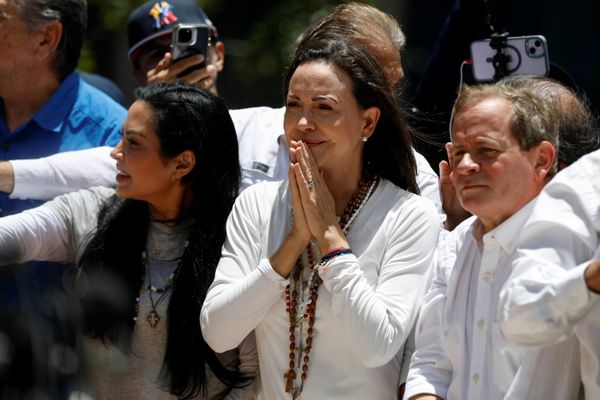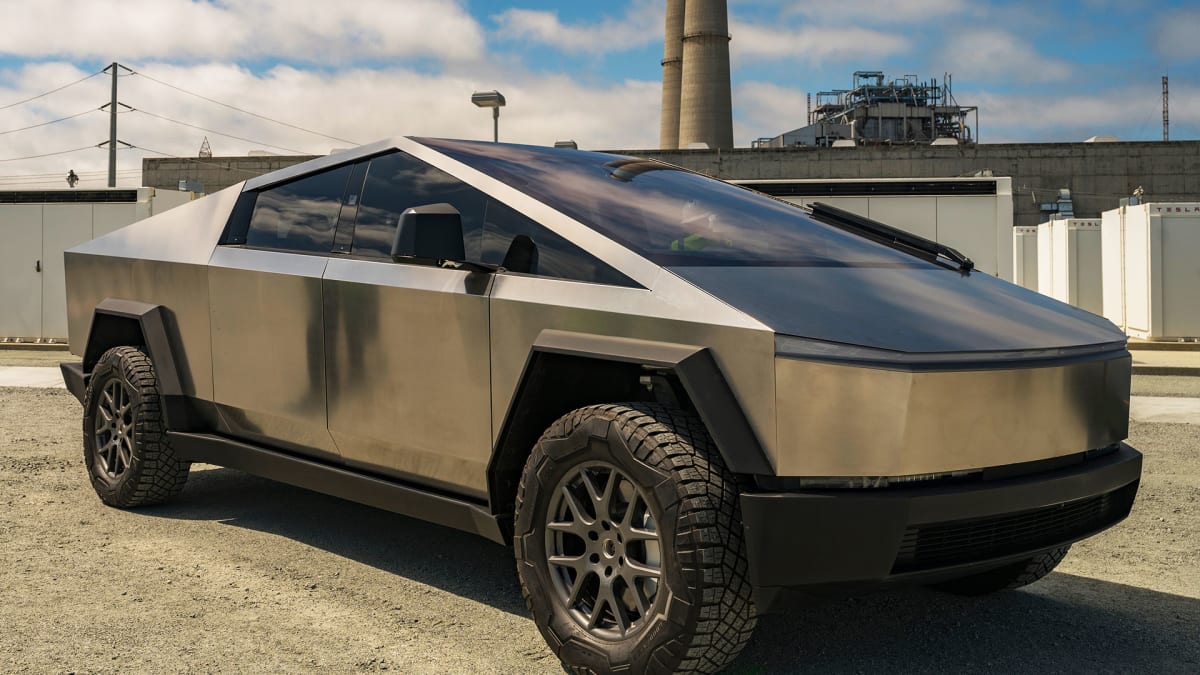
Alphabet and its Google subsidiary are undoubtedly going through one of the most delicate periods in their history.
For the first time Google (GOOGL), which has dominated internet search for years, is no longer so sure of its power. Blame it on advances in artificial intelligence.
Don't Miss: Microsoft in the Hot Seat as Bing Chatbot Loses It
If the Mountain View, Calif., company is considered a pioneer in AI technology, Google seems to have been outpaced by the startup OpenAI, which launched ChatGPT, a conversational robot, at the end of November.
This chatbot completely disrupts internet research. Instead of the various links that a search on Google gives, ChatGPT gives you a precise, clear and fast answer to your search. The robot is also more interactive and creative. It can solve even the most complex questions, write a book or a poem, and more.
Now used by millions of people worldwide, ChatGPT is one of the consumer use cases of the new AI revolution.
Microsoft, (MSFT) which has invested more than $10 billion in OpenAI, has thus decided to launch a new version of its Bing search engine with ChatGPT features, including a chat interface.
Bing Chatbot, launched on Feb. 7, can be accessed only via a waitlist maintained by the software giant, which is still testing it in order to improve it before making it available to everyone. Despite hiccups, Bing Chatbot is generating a lot of interest.
Microsoft on the Attack
"If you’re on the waitlist, just hang tight. As we said at launch, we intend to scale to millions of people beginning in the coming weeks. We’re only one week in!," said Yusuf Mehdi, a Microsoft executive in charge of the product. on Feb. 15.
"Demand is high with multiple millions now on the waitlist. So we ask for a little patience if you just joined the waitlist."
Microsoft (MSFT) sees new chatbots as an opportunity to disrupt the search-engine industry, of which Google holds the lion's share. It's hard to know whether the interest aroused by the new Bing will pull consumers away from Google, but the fact that Microsoft is the first to launch an AI-powered engine search has somewhat weakened Google.
Proof of the current concerns can be found in the fact that Google has brought back its two founders, Larry Paige and Sergey Brin. The company also rushed to launch Bard, but the presentation of this ChatGPT rival was peppered with hiccups that made Google a laughingstock on social networks and the object of criticism from its own employees.
The question is whether Google is ready in this war. The stakes are its bread and butter.
Tesla AI v. Google Captcha
Jokes about chatbots developed by Google abound on social networks.
Elon Musk, CEO of Tesla (TSLA), is now among those who are mocking the internet giant. He has taken advantage of a tweet from a Tesla fan parodying a Google captcha -- a program intended to ensure that a human, not a bot, is indeed behind a keyboard -- to humiliate Google.
"Hey @elonmusk 👋 Cybertruck is a car ? or a truck? 👀" the user asked him on Feb. 15.
"Tesla vision AI could really crush these Google 'not a bot' tests lol," Musk responded on Feb. 16.
The billionaire seems to say that Tesla's camera-based autonomous-driving system, known as Tesla Vision AI, can fool the Google test. It will be, according to him, smart enough to select correctly without being human. As a result, he believes Google Captcha is not complex enough to fool a good AI platform
In May 2021, the EV maker abandoned reliance on radar to use camera vision and neural network processing for the performance of its Autopilot and Full-Self Driving driver-assistance systems.
"We believe that an approach based on advanced AI for vision and planning, supported by efficient use of inference hardware, is the only way to achieve a general solution for full self-driving, bipedal robotics and beyond," the company says on its website.
